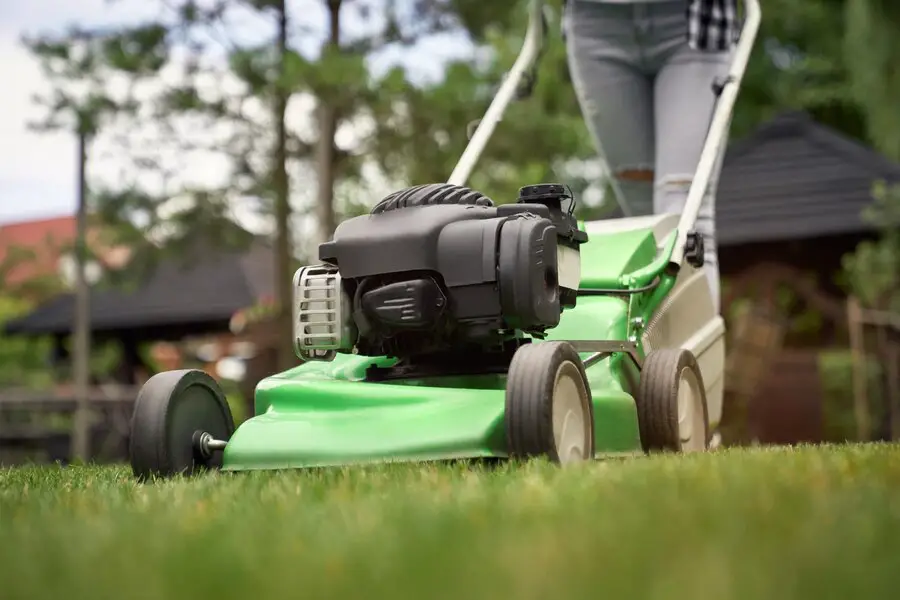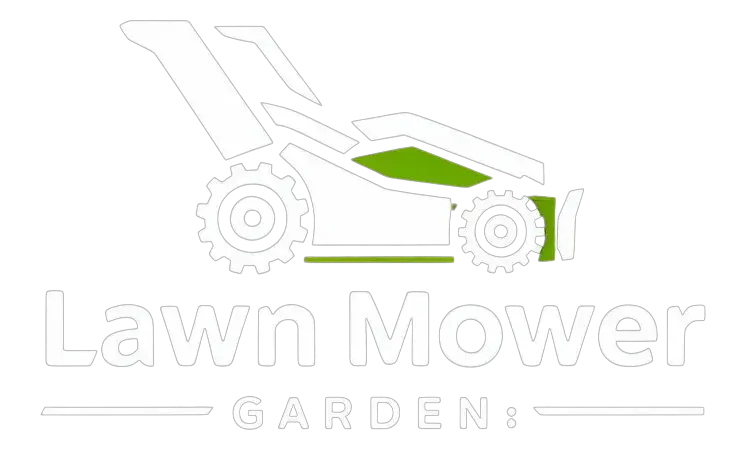
Hey there, fellow lawn enthusiast! Whether you’re a seasoned pro with a beautifully manicured garden or a newbie with an overgrown patch of grass, the question of whether to choose an electric or gas lawn mower has probably crossed your mind. It’s one of those decisions that seems simple at first but can actually leave you wondering: “What’s the best choice for my lawn, my wallet, and the environment?”
Don’t worry; I’ve got you covered. Grab a cup of coffee (or tea, if that’s your thing) and let’s dive into the pros and cons of electric vs. gas lawn mowers. By the end of this post, you’ll have all the information you need to make an informed decision that suits both your yard and your personal preferences.
The Basics: What’s the Difference?
Before we get into the nitty-gritty of pros and cons, let’s start with the basics. What’s the real difference between an electric mower and a gas-powered one?
Gas lawn mowers: These classic machines run on gasoline and have been around for decades. They’re known for their power and durability, but they can also be loud, smelly, and require a bit of maintenance.
Electric lawn mowers: These are the newer, eco-friendly alternatives. They run on electricity, either through a battery or a cord plugged into a power source. They’re quieter, cleaner, and often more convenient—though they come with their own set of challenges.
Sounds simple, right? But, like with most things in life, there’s much more to consider when choosing the right mower for your needs. Let’s dig in!
The Pros and Cons of Gas Lawn Mowers
The Pros
- Powerful Performance: Gas mowers are traditionally the go-to for larger lawns. With their powerful engines, they can handle tough grass, uneven terrain, and even thick weeds without breaking a sweat. If you’ve got a sprawling yard (let’s say, ½ acre or more), you’ll appreciate the extra power.
- Longer Runtime: No need to worry about battery life with gas mowers. Fill up the tank, and you’re good to go for hours, no charging breaks needed. This is especially helpful if your lawn takes a while to mow.
- Durability: Gas mowers are generally built to last, often outlasting electric models if properly maintained. If you’re looking for a long-term investment, a good-quality gas mower could be worth the extra initial cost.
- Great for Tough Grass: If your grass tends to grow thick or wild, gas-powered mowers handle these challenges much better than their electric counterparts. They have more torque to cut through tough spots.
The Cons
- Noise, Noise, Noise: Have you ever tried to have a conversation while mowing with a gas mower? Not easy, right? Gas mowers are loud—really loud. This can be an issue for you or your neighbors, especially if you live in a suburban area with close-knit houses.
- Pollution: Gas-powered mowers emit carbon monoxide and other pollutants, which is a major environmental concern. Not to mention, the exhaust smells terrible. If you’re trying to live a more sustainable lifestyle, this is a significant downside.
- Maintenance: Gas mowers need regular upkeep—changing the oil, replacing spark plugs, and sharpening the blades. Plus, you have to keep an eye on fuel levels. For those who aren’t into maintenance, this could be a major inconvenience.
- Weight and Storage: These mowers tend to be heavier than electric ones, making them a little more challenging to push around, especially on slopes. Also, they take up more space and require more effort to store.
The Pros and Cons of Electric Lawn Mowers
The Pros
- Quiet Operation: One of the biggest advantages of electric mowers is how quiet they are. If you’re mowing early in the morning or late in the evening, you won’t have to worry about disturbing anyone. The difference in noise levels is pretty significant and can make your lawn care experience much more pleasant.
- Eco-Friendly: Since electric mowers don’t use gasoline, they don’t produce exhaust fumes, making them the more environmentally friendly option. If you’re looking to reduce your carbon footprint, this is a win.
- Low Maintenance: Electric mowers require much less maintenance than their gas counterparts. No oil changes, no spark plugs to replace, and fewer moving parts that could wear out. Simply charge the battery (or plug it in, if it’s corded), and you’re good to go.
- Lightweight and Easy to Use: Electric mowers are usually lighter and easier to push, which is great for anyone who has a small to medium-sized lawn or struggles with heavy equipment. Plus, you won’t need to struggle with pulling a cord to start it—just press a button and go!
- Cost-Effective (Long-Term): While electric mowers may cost a bit more upfront, they often save you money in the long run. You won’t have to buy gas or deal with the regular maintenance that gas mowers require. Charging a battery is far cheaper than filling up a gas tank.
The Cons
- Battery Life and Charging: If you choose a battery-powered electric mower, one of the biggest downsides is battery life. Depending on your lawn size, you may need to stop and recharge midway through mowing. It’s also important to keep the battery in good condition to avoid needing a replacement sooner than expected.
- Limited Power for Tough Jobs: While electric mowers are great for smaller, well-kept lawns, they may struggle with thick grass or uneven terrain. If you have a yard with dense, overgrown grass, a gas mower might be the better option.
- Corded Models Can Be Limiting: If you go for a corded electric mower, the main limitation is that you’re tied to the length of the cord and the location of your power outlets. Mowing the edges of your lawn or navigating around obstacles can be tricky when you’re limited by how far the cord reaches.
- Initial Cost: Electric mowers tend to be more expensive upfront than gas mowers, although this is balanced out over time due to lower maintenance and fuel costs.
Which One Is Right for You?
Now that we’ve covered the pros and cons of both types, let’s talk about finding the right mower for your needs. Your decision should depend on a few key factors:
1. Size of Your Lawn
- Small to Medium Lawn: If you’ve got a small or medium-sized lawn, an electric mower is likely the way to go. You’ll appreciate the quieter operation, lower maintenance, and cost savings over time.
- Large Lawn: For lawns larger than ½ acre, gas mowers are often the better choice. They’ll give you the power and runtime you need without worrying about recharging a battery.
2. Your Lawn’s Condition
- Well-Maintained Grass: If your lawn is already relatively neat and not too overgrown, electric mowers are perfect for keeping things trim.
- Thick, Overgrown Grass: If you’re dealing with thick, tough grass or weeds, you’ll want the extra power of a gas mower to get the job done more efficiently.
3. Environmental Concerns
- If you’re someone who is particularly eco-conscious, electric mowers are a no-brainer. They reduce carbon emissions and are much quieter, making them more sustainable for the planet.
4. Maintenance Preferences
- If you’re not into fiddling with oil changes, spark plugs, and fuel, electric mowers will save you the hassle. They are far easier to maintain and won’t require regular upkeep.
Final Thoughts: The Choice is Yours!
At the end of the day, both electric and gas mowers have their merits. Electric mowers are perfect for those who prioritize quiet operation, eco-friendliness, and low maintenance. On the other hand, gas mowers offer power and endurance, making them the best option for larger, tougher lawns.
Whatever your decision, remember that there’s no one-size-fits-all solution. It’s about finding what works best for your lifestyle, lawn, and budget. And remember, a beautifully maintained lawn isn’t just about the mower you choose—it’s about the care and effort you put into making your yard your own little oasis.
So, which mower are you leaning toward? Drop me a comment below and let me know! I’d love to hear about your lawn care journey and which type of mower makes your mowing experience just a little bit better.
Happy mowing!



